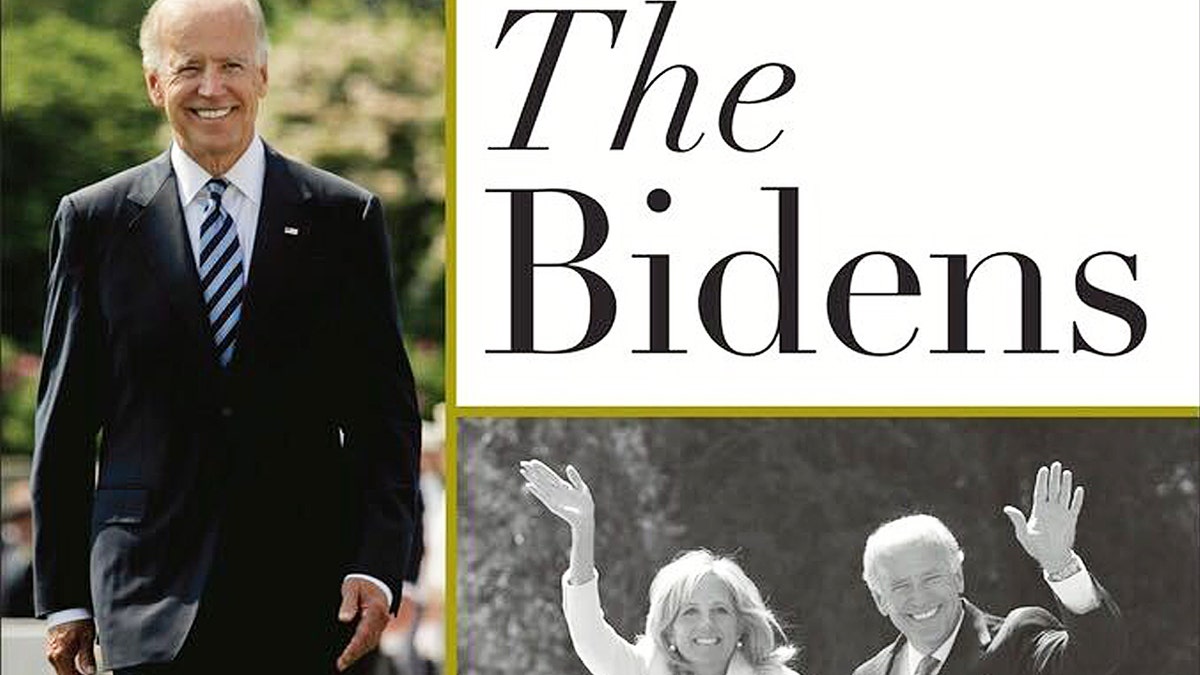Fox News Flash top headlines for September 13
Fox News Flash top headlines are here. Check out what's clicking on Foxnews.com.
A new book about President Biden and his family's rise to power claims that the residence that he lived in at the beginning of his Senate tenure came with a covenant that barred it from being "owned or occupied by any Negro."
"The Bidens: Inside the First Family’s Fifty-Year Rise to Power" by investigative reporter Ben Schreckinger of POLITICO is set to hit the bookshelves next week, but Fox News obtained an exclusive chapter from the book.
During the first years of Biden's Senate tenure, he moved into the house his parents had vacated in Faulkland, Delaware. Over a decade later it was reported that the house came with a "restrictive covenant" that said the house couldn't be "owned or occupied by any Negro or person of Negro extraction," the book claims.
BIDEN SAYS 'YOU AIN'T BLACK' IF TORN BETWEEN HIM AND TRUMP, IN DUSTUP WITH CHARLAMAGNE THA GOD
Biden pushed back against the restrictive covenant in 1986, saying that his parents, Joseph Sr. and Jean, "filed a declaration of disavowal saying they find the restriction morally repugnant and they are not bound by it," according to the Associated Press. Biden also claimed the deed his dad signed did not include the restrictive covenant.
The 1948 U.S. Supreme Court Case Shelley v. Kraemer ruled that racially restrictive covenants were unenforceable.

The Bidens: Inside the First Family’s Fifty-Year Rise to Power -- Hardcover – September 21, 2021 (Amazon)
Biden has a checkered history when it comes to race relations and the African American community. While campaigning for president in Alabama in 1987, Biden said, "We (Delawareans) were on the South's side in the Civil War" and reportedly boasted about receiving an award in 1973 from segregationist George Wallace, who was the governor of Alabama at the time.
BIDEN, UNDER FIRE FOR COMMENTS ON SEGREGATIONISTS, GAVE EULOGIES FOR STROM THURMOND, ROBERT BYRD
In 2006, Biden touted Delaware as a "slave state" in an attempt to appeal to southerners ahead of his 2008 presidential campaign, saying, "My state was a slave state. My state is a border state. My state is the eighth-largest black population in the country. My state is anything from a northeast, liberal state."
During his 2020 presidential campaign, Biden raised eyebrows several times as his Democratic opponents and then-President Trump shed light on his history of insensitive comments and long-standing policies that had negatively impacted African Americans.
During a May 2020 radio interview with host Charlamagne tha God, Biden received backlash for suggesting Africa Americans "ain't black" if they hadn't decided who to vote for between Trump and Biden. Vice President Harris, who was a Democratic presidential candidate running against Biden in 2019, said it was "hurtful" that Biden praised the "civility" of the segregationists he worked with in his earlier days in the Senate.
Over the last two decades, Biden has also delivered eulogies for the late West Virginia Democratic Sen. Robert Byrd, a former KKK member who later regretted his membership with the racist group, and Strom Thurmond, who supported segregation.
CLICK HERE TO GET THE FOX NEWS APP
Biden said Thurmond was a "brave man, who in the end made his choice and moved to the good side" during the 2003 eulogy after Thurmond changed his views about segregation. Biden said they became "good friends."
Biden received backlash last month for calling his Black adviser Cedric Richmond "boy," which is considered to be a racially derogatory term used against Black men. GOP national spokesperson Paris Dennard slammed Biden for the comment, calling Richmond "a 47-year-old man."
The White House declined to comment.












































